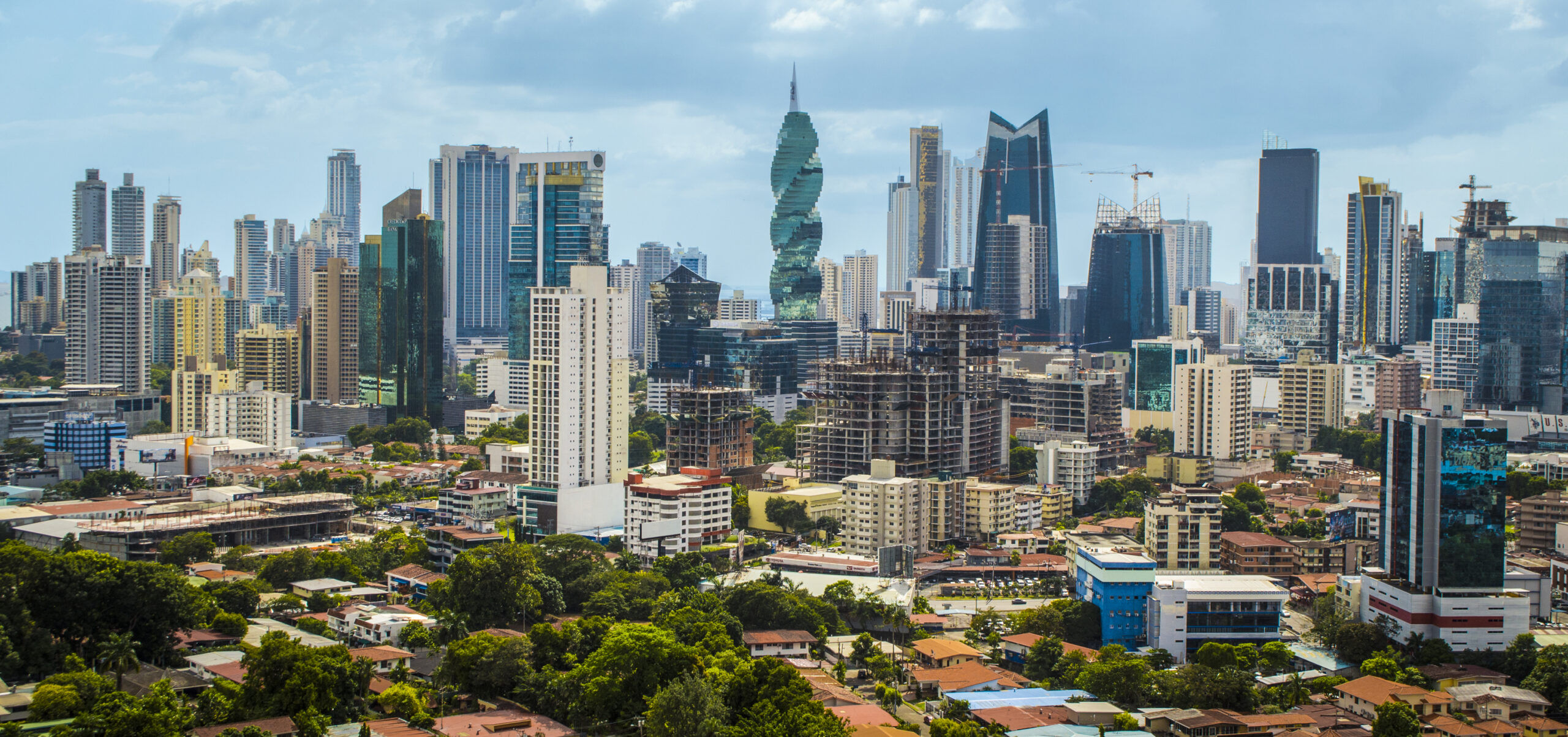- Panama President vetoes Bill to regulate cryptos
- The President seeks additional anti-money laundering rules in the Bill
- Congressperson Gabriel Silva says 'opportunity lost'
Panama President Laurentino Cortizo has vetoed a Bill passed by the country’s National Assembly, stating that it needs adaptation to the rules governing the Panamanian banking system.
The President, in the 32-page veto, also wrote it was imperative to conform the new regulation with the recommendations of the International Financial Action Task Force (FATF), in order to continue the path defined by the State in terms of fiscal transparency and prevention of money laundering.
He further explained that although the proposal, dubbed Bill No. 697, is new, it must also be adapted to the monetary model that has guaranteed Panama’s economic and fiscal stability.
President Cortizo also mentioned in the veto that the project conflicts with other existing laws as Panama has a long history without a central bank and uses the dollar as legal tender.
Speaking at the Bloomberg New Economy Gateway Latin America conference, President Cortizo had said he would not sign the Bill without additional anti-money laundering rules.
While the President had described the legislation as an “innovative law” and a “good law,” and that he approved of certain aspects of the Bill, he had sought to address the possible illicit uses of cryptocurrencies.
Pro-crypto Congressperson Gabriel Silva, who had helped introduce the Bill in September last year, said this was a lost opportunity to generate jobs, attract investment and incorporate technology and innovation in the public sector.
The country deserves more opportunities and also financial inclusion. We are studying the veto to make the corrections, but we must keep the law competitive,” Silva said.

The Bill, if signed, will make Panama the second Central American nation after El Salvador, to adopt cryptocurrencies as legal tender.
However, unlike El Salvador, the Bill covers other cryptocurrencies besides Bitcoin and does not require local businesses to accept digital assets.
Panamanians “may freely agree on the use of crypto assets, including without limitation Bitcoin and Ethereum” as an alternative payment for “any civil or commercial operation” according to the Bill.












